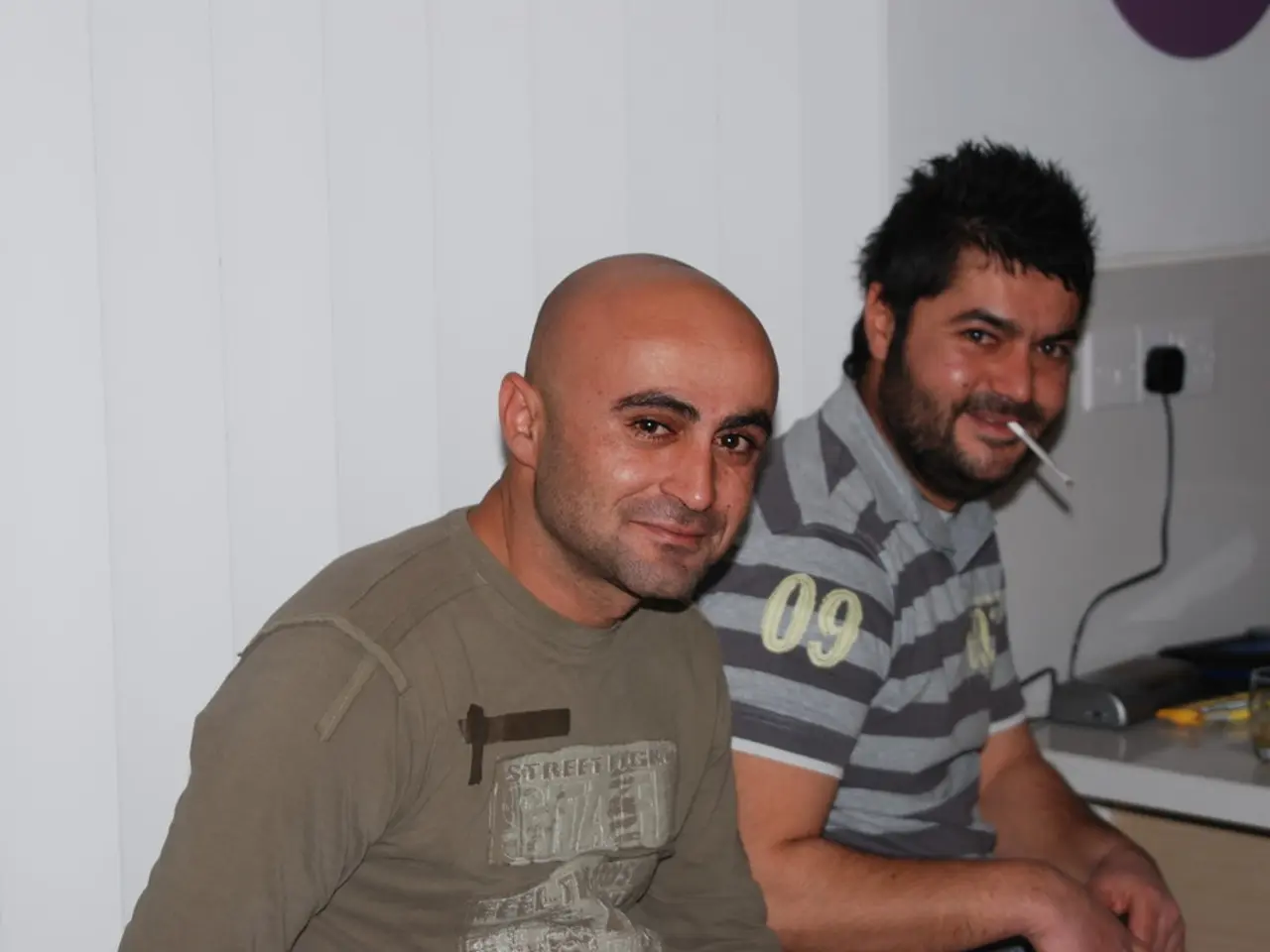Carbon Monoxide Intoxication: Recognizing Symptoms, Identifying Sources, and Taking Precautions Against Exposure
In a world where household appliances and vehicles are integral parts of our daily lives, it's essential to be aware of the potential dangers they pose, particularly in the case of carbon monoxide (CO) poisoning. This odourless, tasteless gas can be produced by a variety of common items such as gas fires, oil-burning furnaces, portable generators, and charcoal grills due to poor maintenance, ventilation, or technical faults.
To safeguard against CO poisoning, several precautions should be taken. Firstly, install carbon monoxide detectors on every level of your home and test them monthly. These devices are different from smoke alarms and can alert you to dangerous CO levels before you become exposed.
Secondly, ensure proper ventilation and maintenance of all fuel-burning appliances. Appliances should be vented to the outside to avoid CO accumulation indoors. Never use gasoline-powered engines, generators, charcoal grills, or vehicles inside enclosed or poorly ventilated spaces.
Being aware of symptoms of CO poisoning, such as headache, dizziness, weakness, and nausea, is crucial. If you suspect exposure, immediately go outdoors to fresh air and call emergency services. Regularly scheduling professional inspections and maintenance for heating and cooking appliances can also help prevent CO production.
Developing an emergency response plan is another vital step. This should include evacuation routes and emergency contacts in case detectors alert to CO presence.
Products that contain methylene chloride (dichloromethane) should be handled with care, as they turn into CO upon inhalation. While rare, prolonged exposure to CO can lead to severe brain damage, including progressive worsening of memory and concentration.
In severe cases of CO poisoning, hyperbaric oxygen therapy (HBOT) may be necessary. Hospital treatments for CO poisoning may include the delivery of 100% oxygen through a mask, and an electrocardiogram (ECG) may be ordered to assess ischemia, irregular heart rhythms, and overall heart function.
It's important to note that people with heart-related or breathing problems, pregnant people, babies, and small children are more susceptible to CO poisoning. Each year in the U.S., there are deaths, emergency room visits, and hospitalizations due to accidental CO poisoning that does not result from fires, according to the Centers for Disease Control and Prevention (CDC).
By combining these measures—detector installation, proper appliance use and venting, avoiding use of combustion engines indoors, and awareness of symptoms—you can greatly reduce the risk of carbon monoxide poisoning in your home and from vehicles. Remember, prevention is better than cure. Stay safe and breathe easy!
In the realm of chronic diseases and health-and-wellness, predictive science plays a crucial role in detecting and managing conditions like rheumatoid arthritis, multiple sclerosis, and HIV. Regular check-ups, PSA tests, and medical-condition screenings are essential for early detection and treatment.
Maintaining a holistic approach towards health and fitness includes not only fitness-and-exercise regimes but also mental-health care and nutrition. Mental-health issues such as anxiety and depression can manifest in various ways, and seeking professional help when necessary is vital.
Incorporating CBD, a compound found in cannabis plants, into your wellness routine may help alleviate various symptoms associated with chronic-diseases, mental-health issues, and even poor sleep. However, it's important to consult with a healthcare professional before starting CBD supplementation.
Furthermore, adopting a balanced diet and regular exercise routine can significantly improve overall health and well-being. Nutrition plays a significant role in disease prevention and management, as well as in maintaining mental acuity and physical fitness.
Lastly, HIV-positive individuals should note that good nutrition is essential for managing the disease and boosting immunity. An HIV-positive individual's nutritional needs may vary depending on factors such as medication side effects and disease progression.
So, keep in mind these aspects—scientific management of medical-conditions, holistic approach towards wellness, the role of CBD, balanced nutrition, regular exercise, and mental-health care—to ensure a healthy, fulfilling life. Prevention and care in all aspects of health and wellness are key to staying healthy and resilient!




